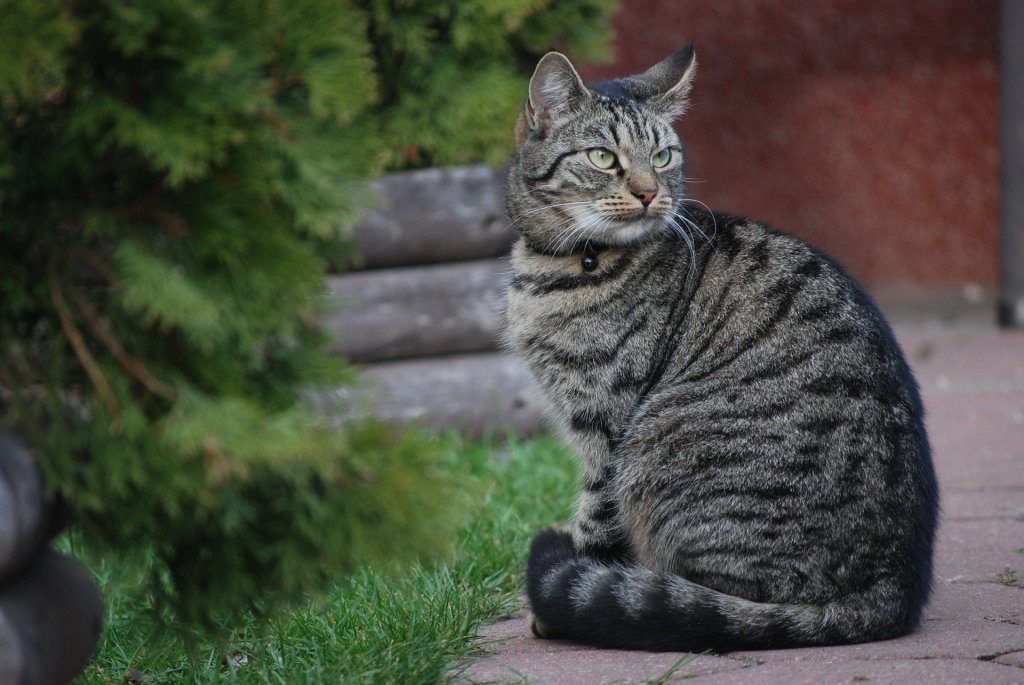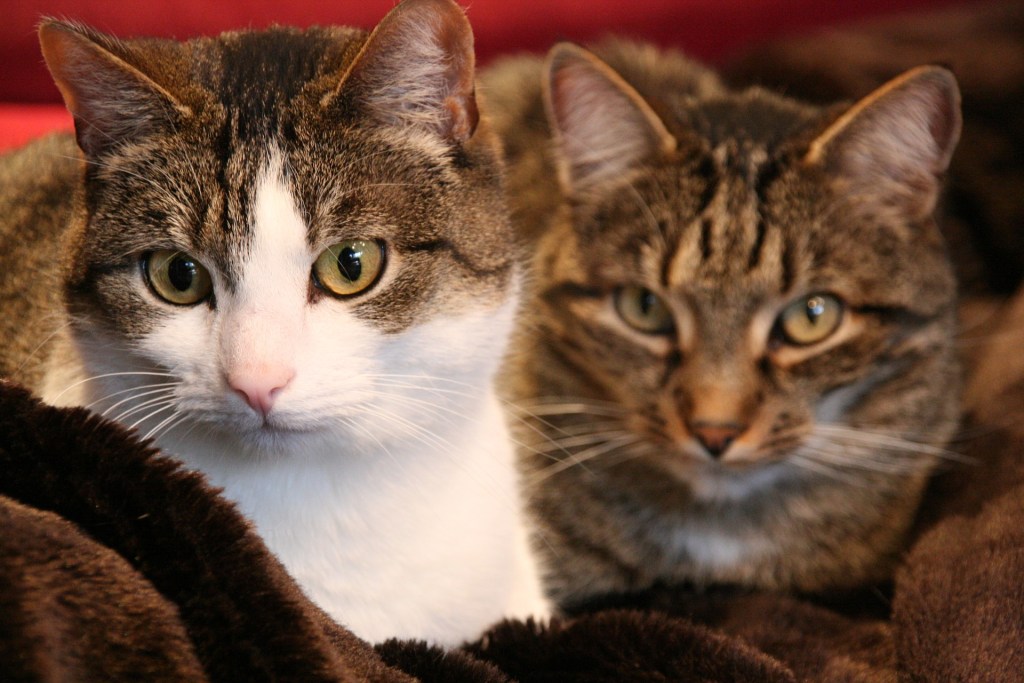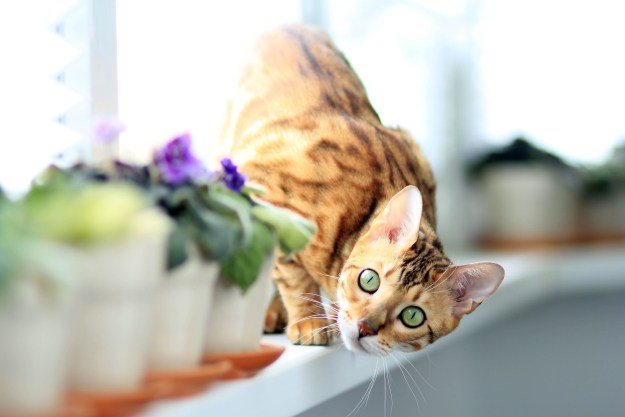If you’ve ever been to a shelter to adopt a cat, you might have noticed that some of the cats’ kennels and information cards were marked “FIV Positive.” For many years, FIV was seen as a virus that limited a cat’s lifespan and that could be transmitted to other cats in the home. It was therefore difficult to find adopters for cats who were infected with FIV. But what we know about FIV is changing. Thanks to additional studies, we’ve learned that this virus isn’t the life-limiting diagnosis it once was. Understanding the facts about FIV cats can help you to decide if bringing one home is right for you.

What is FIV?
FIV, or feline immunodeficiency virus, is an infectious disease that’s present in cats all over the world, according to Cornell University. The virus attacks a cat’s immune system, causing the cat to more easily contract other types of infections. Sometimes called feline AIDS, FIV can weaken a cat’s immune system to the point that relatively harmless bacteria and viruses can make your cat very sick. There’s no cure for FIV, though cats who have the virus can appear to be healthy and have no symptoms for years.
There are three different phases of FIV. The acute phase occurs as the virus travels to your cat’s lymph nodes. Your cat might experience fever and lack of appetite, but this phase can be very mild and is often overlooked.
Next, your cat will experience an asymptomatic phase, during which the virus replicates slowly. Your cat will likely show no symptoms at all, and this stage can last months to years.
The immunocompromised state occurs last. Your cat will be at increased risk of illness and infections, including eye, skin, and urinary track infections. Some cats experience weight loss, seizures, and neurological issues. There is no cure for FIV, and your vet will work to treat and manage the ailments that result from your cat’s reduced immunity.
How is FIV diagnosed?
According to VCA Hospitals, blood tests can detect FIV antibodies. An ELISA test is often used to determine whether a cat has FIV. Because it can take up to eight weeks for antibodies to develop once a cat has been infected, your vet may recommend testing your cat multiple times.
How is FIV transmitted?
FIV cats typically shed the virus through their saliva. The virus can be passed along when a cat who is shedding FIV bites another cat and his saliva enters the bite wound. It’s also possible for FIV to be transmitted sexually.
Since FIV is mainly transmitted through bites that break the skin, it’s unlikely that cats who live together peaceably in your home will pass along the virus. However, an FIV-positive cat still does present a risk of transmitting FIV to other cats in your home.

How can I care for a cat with FIV?
You can best care for a cat with FIV by making sure he lives a healthy lifestyle. VCA Hospitals recommends feeding your cat a high-quality diet and taking him to the vet at least twice a year. Your vet will be able to test and monitor your cat’s health. Your vet can also recommend appropriate vaccines and advise you in promptly addressing any illnesses or infections that occur as a result of the FIV. It’s important to keep your cat indoors to help to prevent him from spreading FIV to neighborhood cats.
FIV isn’t a death sentence, and many cats live with FIV for years. However, the virus acts differently depending on the individual cat, so it’s important to understand the additional care required for FIV-positive felines. If you have other cats in your home, you’ll want to consider what’s best for their health, too, though that doesn’t mean you have to avoid adopting an FIV-positive cat. Instead, talk with your vet. Your vet is the best person to help you to evaluate your home situation, your current cats’ health, and any risk factors that bringing an FIV-positive cat into your home could create.
Editors' Recommendations
- These useful tips can help you support your senior cat’s health
- Why do cats fight? They’re not just being jerks
- Why do cats roll in dirt? 10 reasons for their dust bath
- Why do cats eat plastic (and when you should be concerned)?
- When can kittens eat dry food? The lowdown on what you should feed them


